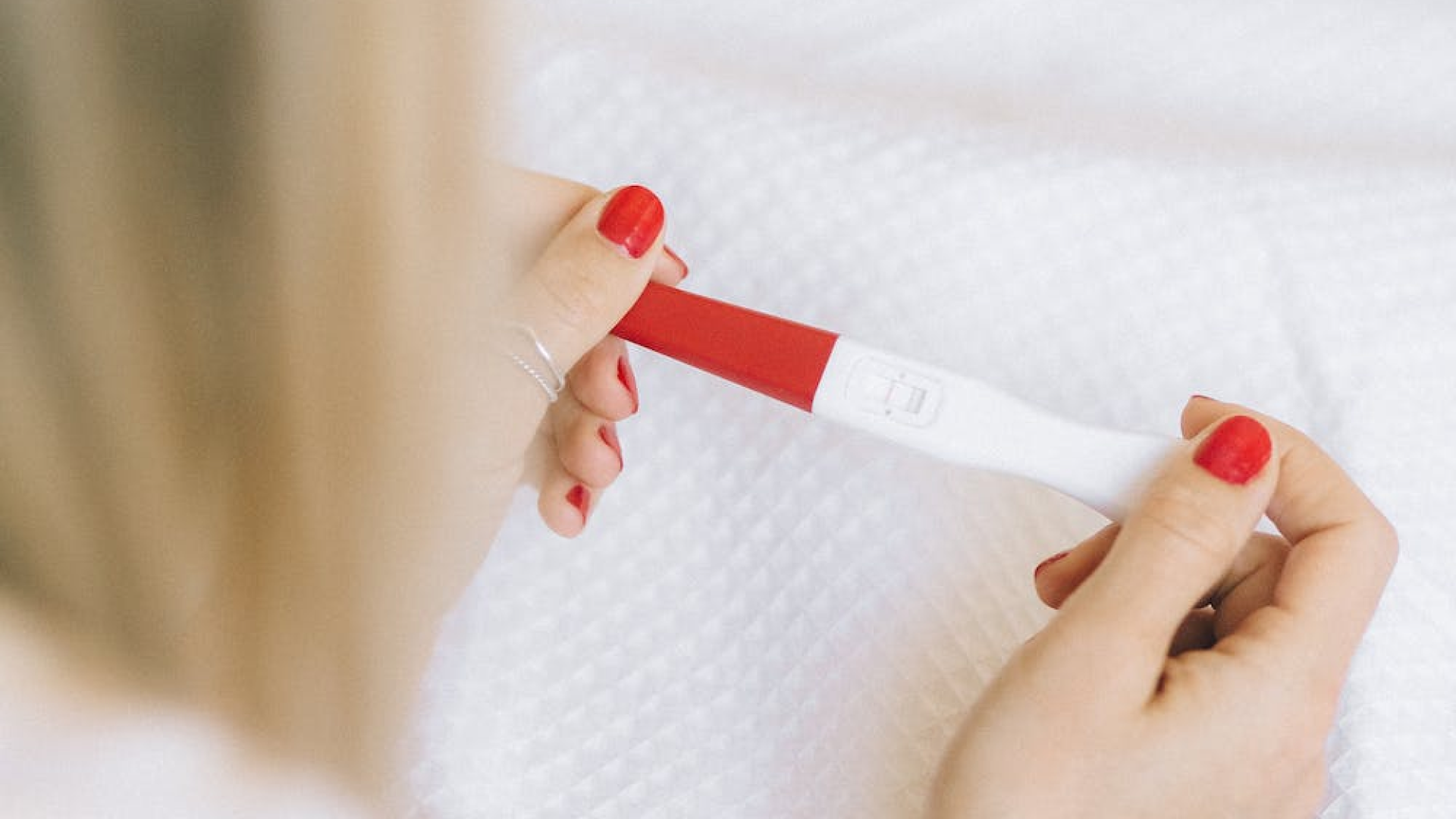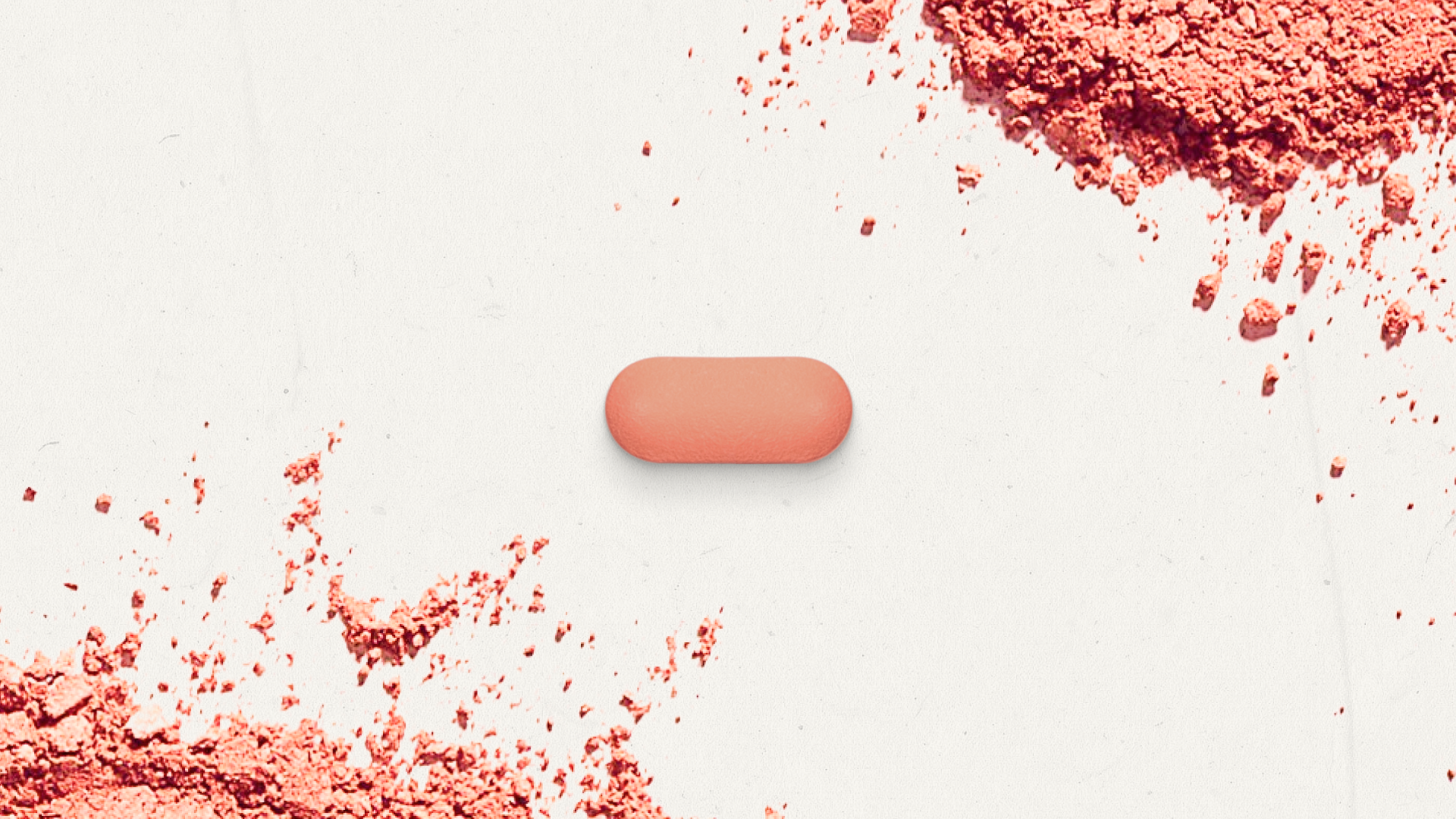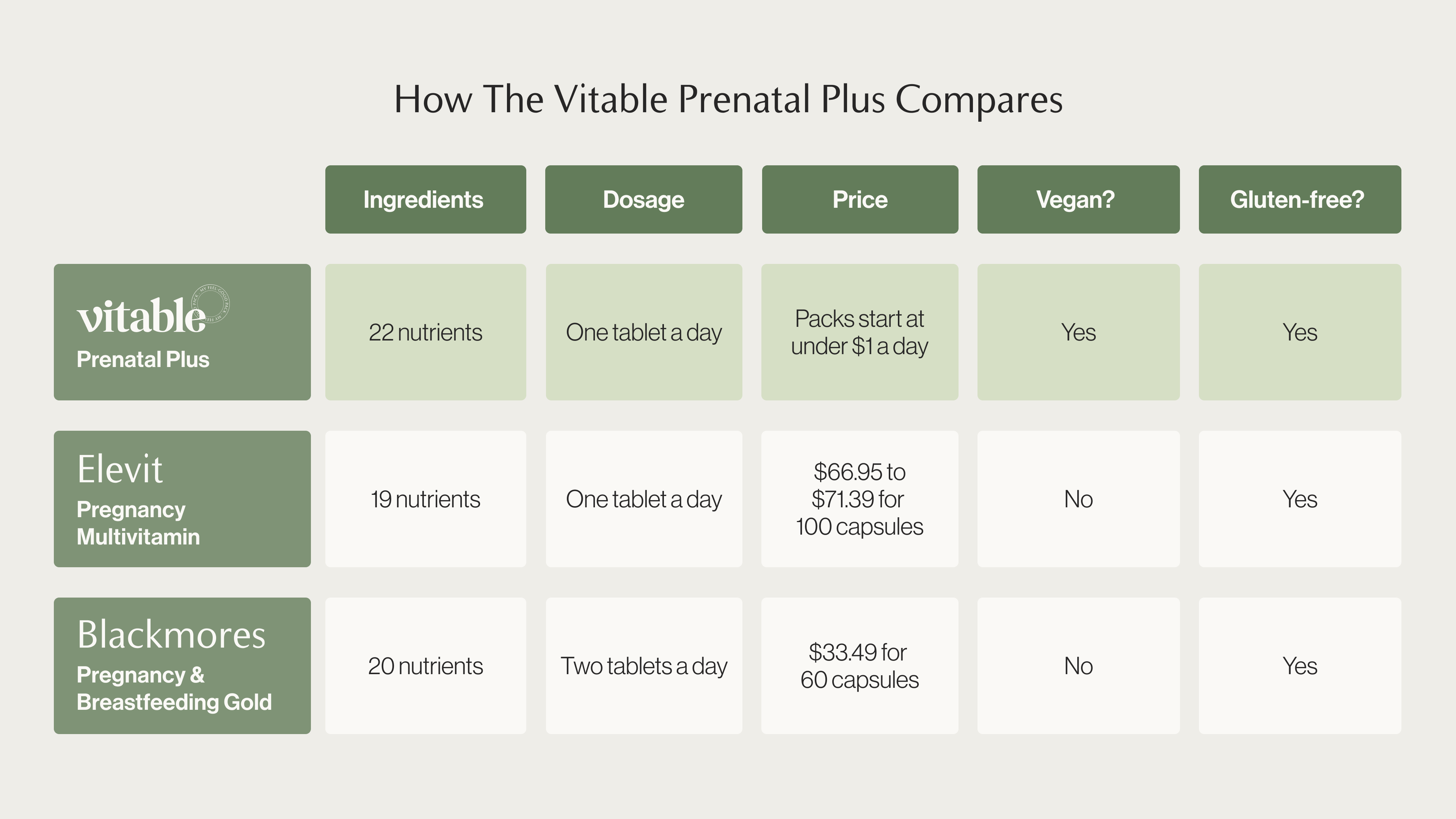Preparing for Pregnancy & Prenatal Vitamins


Preparing for Pregnancy & Prenatal Vitamins
Trying for a baby is an exciting time, to say the least. Scrolling through the cutest baby clothes, starting a baby name list, daydreaming about all the adventures you’ll take the tiny new member of the family on…. We bet you have a smile on your face just reading this. But the question right now is, what can you do to make these dreams come true and how can you best prepare for pregnancy?
That’s exactly what our prenatal guide is all about. Read on as we dive into all things pregnancy, prenatals and preparation.
What’s pre-pregnancy health?
Pre-pregnancy health refers to the health care you get before you get pregnant, and it ranges from checkups with your doctor or midwife to lifestyle changes and, of course, prenatal supplementing.
Following the proper prenatal care will allow your doctor to monitor your baby’s development and prevent health problems (or spot them early on), while also ensuring your mental and physical health isn’t compromised during the nine months with your new little tenant.
How early should I start preparing for pregnancy?
If you’re still planning your pregnancy, scheduling a preconception checkup about three to six months before you start trying to conceive is a good idea.
Certain lifestyle changes, like increasing your veg and fruit intake, quitting smoking or minimising caffeine consumption, can be done around three months before your pregnancy. However, remember that new habits can take a while to adjust to. If you believe you need more time to improve your diet, give yourself that time (and be patient with yourself!).
As for supplements, you can start taking prenatal vitamins as early as three to six months before getting pregnant – but we’ll dive into this topic in more detail later in the article.

What to do when preparing for pregnancy
Preconception health includes a variety of steps that will prepare your body for the healthiest pregnancy possible:
Book an appointment with your doctor
During a preconception checkup, your doctor will review your health history, including previous pregnancies, gynecological history and vaccination records. They may also schedule pre-pregnancy health checks, such as blood tests, a cervical screening, a dental appointment and physical exams.
Based on all this, they’ll be able to give you advice that is unique to you, to ensure your body is ready for pregnancy and improve your chances of conceiving.
The importance of diet
They say you are what you eat, and this certainly rings true when it comes to pregnancy, you want to ensure your baby is getting all the good nutrients they need and eating a well-balanced diet while you’re pregnant is a must-do.
However, these healthy eating habits should start months before you conceive. A few simple changes that can help you during the pre-pregnancy planning stage are:
- Consume vegetables, fruits, grains and nuts that are rich in antioxidants, as these can help improve your fertility
- Swap processed carbs for complex ones: brown rice instead of white rice, wholewheat pasta instead of regular pasta, steel-cut oats instead of instant cereal, and so on
- Choose healthy, plant-based fats, such as olive, avocado or grapeseed oil, and consume them in moderation
- Incorporate plant-based proteins in your diet, like tofu, lentils and beans
De-stress
When trying to conceive, staying in a positive headspace can go a long way, but it can be difficult to know how on earth to lower your stress, especially when making such a life-changing decision. Let’s be honest, it can be hard enough to find time to chill out on an average day, let alone with the added anticipation of welcoming a new little human into the world.
Well, we have a couple of suggestions and strategies that have helped many women de-stress and relax time and again – and they might just work for you too:
- Start working out regularly. Whether it’s boxing, yoga or biking, moving is an easy way to release stress. Plus, getting in shape beforehand will prepare your body for the nine months ahead (which is a great idea, as studies have equated pregnancy to completing a Tour de France or Ironman triathlon!)
- Try meditating. Mindfulness has become a huge trend and for good reason, as it helps you clear your mind and avoid negative overthinking
- Find a hobby. Taking time to do something that you love isn’t only fun, but it has been proven to be effective in managing stress
Of course, de-stressing is often easier said than done. If you’re struggling to do so, ask your doctor for recommendations you can easily incorporate into your daily routine.
Know your cycle
“Get your timing right” is a piece of advice that couples trying to have a baby commonly hear, but what exactly does it mean? It’s all about understanding your cycle, from menstruation to ovulation, to find your most fertile time of the month.
Nowadays, there are many apps that do all the fertility math for you, like Eve, Clue and Pink Pad, so you always know the best times to try and conceive. Ideally, you want to be having sexual intercourse in the 2-3 days leading up to ovulation (most commonly mid-way through your cycle) for your best chance of success.
Take a prenatal vitamin
A prenatal vitamin will provide you with all the nutrients you need not only during pregnancy but also while preparing for pregnancy.
These vitamins help ensure all your nutritional needs are met, even as they increase throughout the months, to promote your baby’s healthy development and your own well-being.

What are prenatal vitamins and why do they matter?
Prenatal vitamins are supplements developed specifically for women who are pregnant or trying to conceive.
Packed with the vitamins and minerals that you and your little one need to go through pregnancy in optimal health, prenatal supplements help bridge any nutritional gaps in your diet (although they aren’t a replacement for a healthy diet, but a complement to it).
Benefits of taking prenatal vitamins
Taking prenatal vitamins can promote a healthy pregnancy by:
- Supporting your baby’s brain and spinal cord development
- Boosting your immune system and lowering the risk of health issues
- Helping to prevent iron-deficiency anaemia
- Reducing the risk of complications such as heart defects or limb deformities
- Covering nutritional gaps in case you have dietary restrictions
Important nutrients included in prenatal vitamins:
Folate
Folate is a type of vitamin B and it helps your baby grow a healthy neural tube, which will eventually develop into their brain and spinal cord. Your folate requirements grow by 50% during pregnancy so although this vitamin can be found in foods like lentils, berries and dark leafy greens, it’s a must-have in your prenatal vitamins.
Iron
While in your belly, your baby depends on you to get oxygen, which you deliver to them through your blood flow. Due to this extra work, your blood volume increases and so do your iron requirements (once again, by 50%). Taking a prenatal supplement with iron will help prevent a deficiency, along with including iron-rich foods in your diet such as citrus fruits and beans.
Other important nutrients
Besides folate and iron, your prenatal vitamin should include:
- Calcium to help your baby develop strong bones and teeth
- Vitamin D to help your body absorb calcium
- Choline to support foetal brain development
- Vitamin B12 to stimulate red blood cell production (particularly important if you’re vegan)
- Iodine to support your baby’s organs and nervous system development
Do prenatal vitamins have side effects?
It can be tricky to distinguish between prenatal vitamin side effects and pregnancy symptoms. However, some women report experiencing discomfort caused by prenatal supplements, including nausea, bloating and constipation.
The good news is that these issues can all be minimised by taking a prenatal supplement that is gentle on the stomach and easy to digest.
When should I take prenatal vitamins?
It’s never too early to start preparing for pregnancy. A general rule of thumb is to take prenatal vitamins about three months before you begin trying to conceive so that your body has enough time to adjust to the supplement.
As for when to stop, many women choose to continue supplementing after giving birth, to support breastfeeding or simply fill in nutritional gaps post-delivery.
What are the best prenatal vitamins?
The best prenatal vitamins should have good nutritional content, featuring high-quality ingredients and no unnecessary additives.
Our premium Prenatal Plus vitamin features 22 key nutrients in their cleanest and most absorbable forms, including methyl folate, a gentle chelated iron, vegan-certified vitamin D3, choline, activated B12 and more – all at an affordable price.
Interested to see how the Vitable Prenatal Plus stacks up against other popular prenatal vitamins?

Thanks to its powerful combination of nutrients, our prenatal is clinically proven to:
Maintain/support healthy pregnancy
Maintain/support maternal health
Maintain/support healthy thyroid gland function for pregnancy
Maintain/support preconception health
Maintain/support preconception health
Aid/assist healthy thyroid hormone production for pregnancy
Helps prepare the body for pregnancy
Maintain/support placenta health/growth
Maintains/support healthy foetal development
Helps maintains/support healthy foetal CNS/brain development
Help to prevent neural tube defects such as spina bifida and/or anencephaly
And more!
Ready to try our Prenatal Vitamins? Take advantage of the delivery service now and start receiving your vitamins every month.
*Always read the label. Follow the directions for use. If symptoms persist, talk to your health professional. Vitamin and/or mineral supplements should not replace a balanced diet.